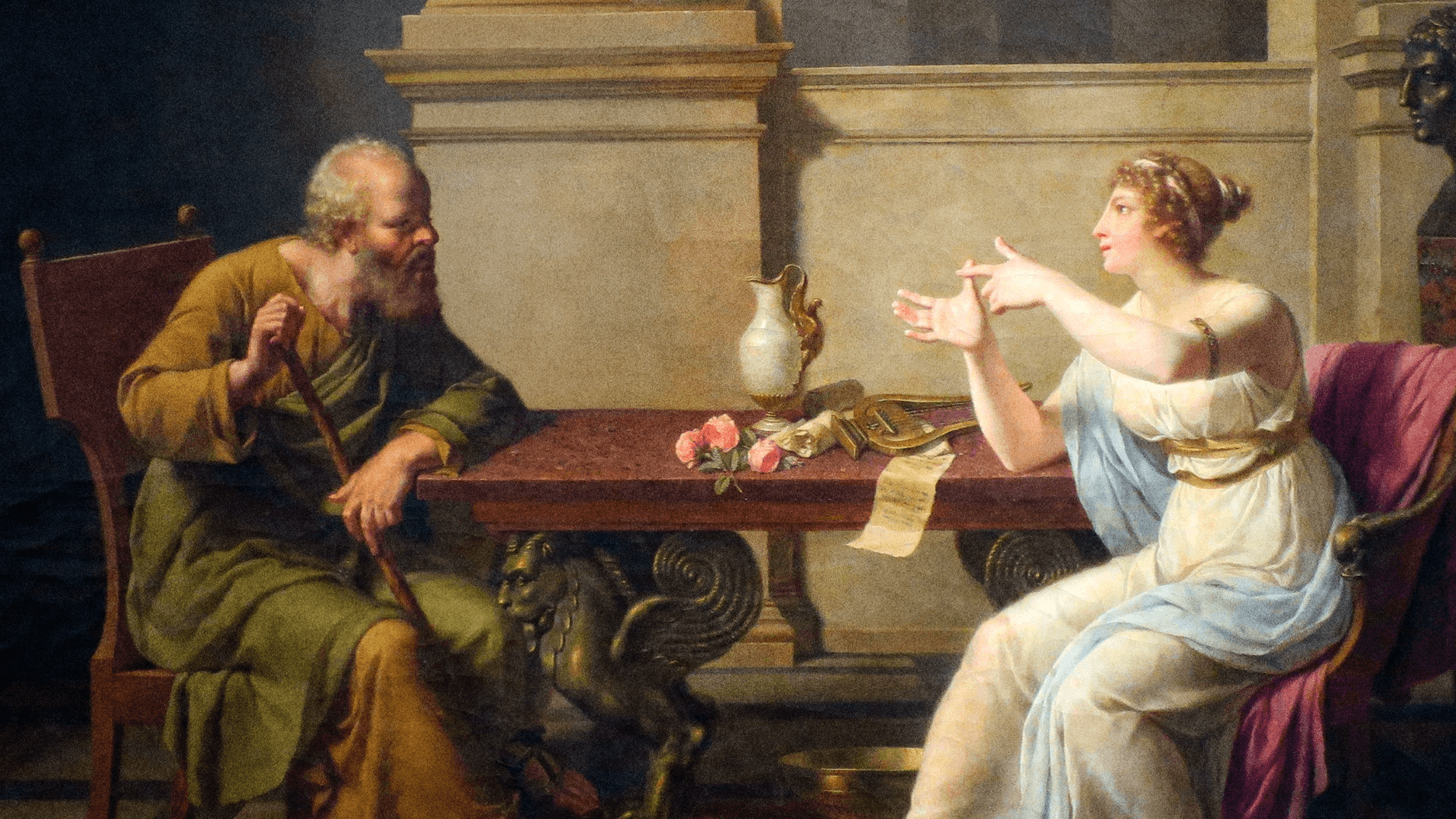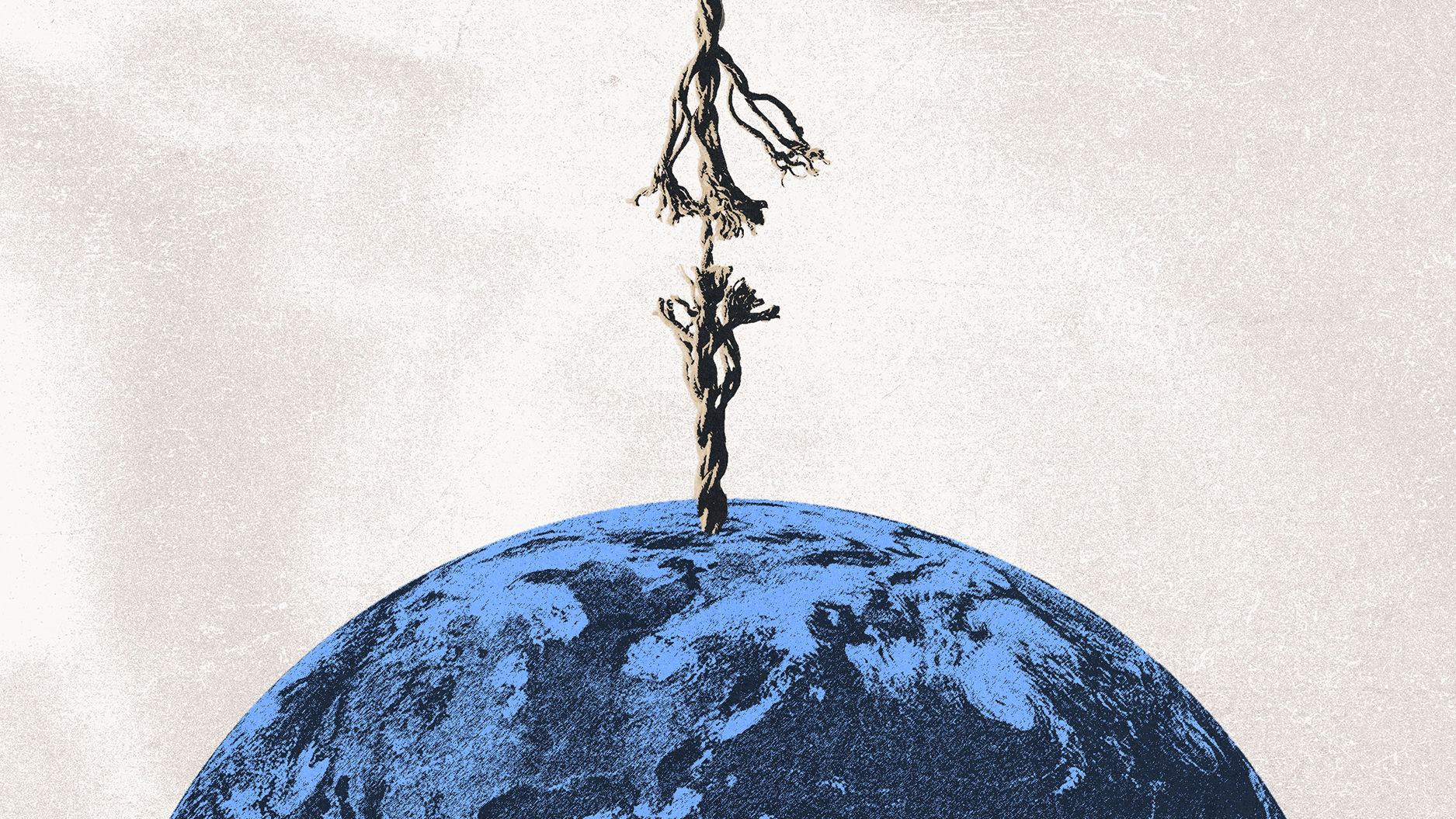Daniel Dennett explains consciousness and free will.
Question: What is consciousness?
Daniel Dennett: Most people think consciousness, whatever it is, is just supercalifragilisticexpialidocious. It’s something so wonderful, wonderful, wonderful, wonderful, that we have to sort of divide the universe in two to make room for it. All in one side, all by itself and I understand why they think that and I think it’s just wrong. It is wonderful. It’s astonishingly wonderful but it is not a miracle and it isn’t magic. It’s a bunch of tricks and really is I’d like the comparison with magic because stage magic of course is not magic, magic. Its bunch of tricks and consciousness is a bunch of tricks in the brain and we’re learning what those tricks are and how they fit together and why it seems to be so much more than that bunch of tricks. Now, for a lot people the very suggestion that, that might be so is offensive or repugnant. They really don’t like that idea and they view it as in a sort of an assault on their dignity or their specialness and I think that’s a prime mistake. It’s a mistake because it means if you think that way, you’re going to systematically ignore the pads of the pads of exploration of research that, that might tend to confirm that and you’re going to hold out from mystery, you’re going to hold out for more specialness and it’s really there and some people just can’t help themselves. They can’t take seriously. They won’t take seriously. The idea, the consciousness is an amazing collection of sort of Monday and tricks in the brain. And they say, “I just can’t imagine it” and I say, “No you won’t imagine it. You can imagine it. You’re just not trying.”
Question: What scares people about this idea?
Daniel Dennett: I think, I think the hidden agenda and not so hidden very often for all of this is a concern about freewill. I think at the bottom of the barrel, what people are really worried about is that if we have an entirely naturalistic and ultimately in a certain sense mechanistic at the nano level at the protein level? If we have a mechanistic theory of consciousness this will show that oh, my gosh we don’t have free will and then life has no meaning and I can’t be responsible for my best or worst deeds and that doesn’t follow but fear that it would follow, rattles people and deflects them from taking this idea seriously because they really don’t want them to be true. My approach to that is to challenge that desire and say no. Everything you want or should want in the way of freewill, you can have on this picture. There are some traditional notions of freewill that turn out to be impossible on this view, tough but why do you want them? They are not important. They are simply ill founded desires, the varieties of freewill worth wanting, you can have and so take a deep breath relax and let’s figure out how it is done.
Question: Why is this "the only freedom that really matters?"
Daniel Dennett: For billions of years on this planet, there was a life but no freewill. Physics hasn’t change but now we have free will. The difference is not in physics has nothing to do with determinism and what are the indeterminism it has to do with ultimately with biology, thickly evolutionary biology. What has happen over those billions of years is that greater and greater competences have been designed and have evolved and the competence of a dolphin or of a chimpanzee. The cognitive competence. The sort of mental competence is hugely superior to the competence of you know, a lobster, or a starfish but ours dwarfs the competence of a dolphin or a chimpanzee perhaps even greater extent and there’s an entirely naturalistic story to say to tell about how we came to have that competence or those competences and it’s that can do. It’s that power that we have which is natural but it’s that power which sets us aside from every other species and the key to it is that we don’t just act for reasons, we represent our reasons to ourselves and to others. The business of asking somebody why do, why did you do that? And the person being able to answer is a very simple and very, it’s an everyday phenomenon but it is a key and it is the key to responsibility and in fact the word responsibility sorts of wear its meaning on its sleeve. We are responsible because we can respond to challenges to our reasons. Why? Because we don’t just act for reasons, we act for reasons that we consciously represent to ourselves and this is what gives us the power and the obligation to think ahead, to anticipate, to see the consequences of our action. To be able to evaluate those consequences in the life of what other people tell us. To share our wisdom with each other, no other species can do anything like it and it’s because we can share our wisdom. That we have a special responsibility it’s as the old-time habits, noblesse oblige. We have the power and that’s what gives us the obligation and that’s what make us free in a way that no bird is free for instance.






